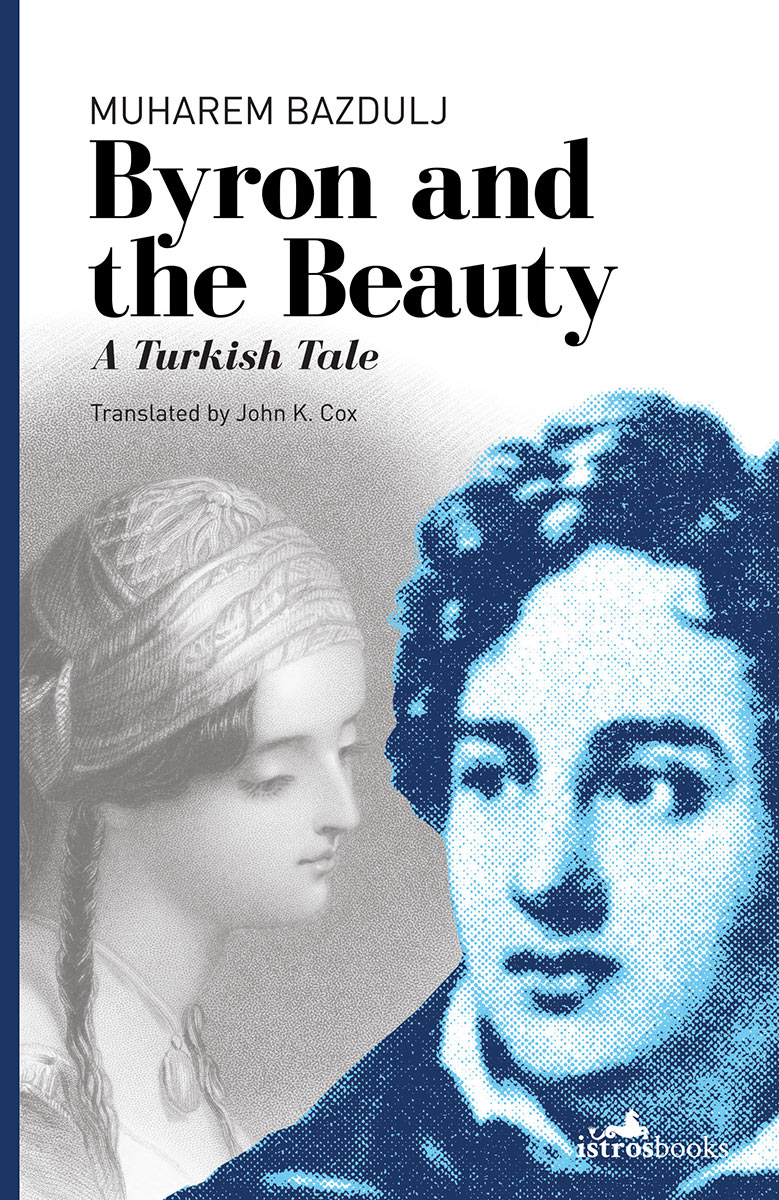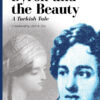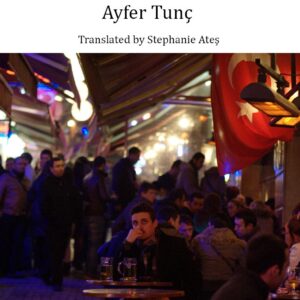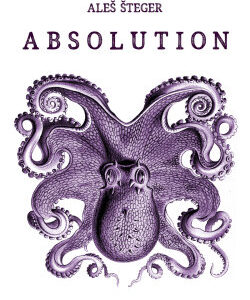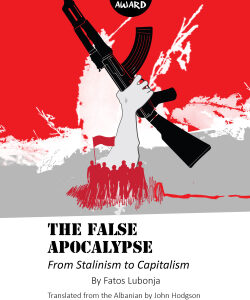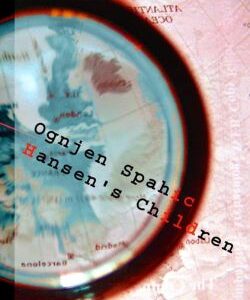Byron and the Beauty is loosely based on Byron’s biography and takes place during two weeks of October 1809, during his now famous sojourn in the Balkans. Besides being a great love story, this is also a novel about East and West, about Europe and the Balkans, about travel and friendship and cruelty.
Bazdulj marvellously combines facts with imagination, history and romance, resulting in an exceptionally beautiful novel. The author’s style has something of the subtle lyricism and chronicle-like tranquillity of his countryman Ivo Andric, but also a touch of the oriental baroque richness associated with Orhan Pamuk, making this a book which is both erudite and innovative, with a daring sense of humour.
Byron’s account of his travels in the Albanian lands of the Ottoman Empire in October 1809 is fictionalised and immortalised in Childe Harold’s Pilgrimage; Muharem Bazdulj adds to it a playful episode in which the great English Romantic poet encounters an equally great Bosnian beauty. Byron may have been “mad, bad, and dangerous to know”, Zulejha is certainly his rival in this last. Imaginative and richly atmospheric, Byron and the Beauty is both a love story – a novel equivalent of one of Byron’s “Turkish Tales” – and a twenty-first century account of an encounter between East and West in all its political implications.
Vesna Goldsworthy, author of ‘Gorski’ and ‘Inventing Ruritania’
Impossible to ignore a Bosnian writer’s fictionalised response to Byron’s journey to Albania in 1809, in which the poet falls in love with a famous local beauty before he even sees her. It is a charming study of idealized love yet it is also concerned with East versus West, the conflict of cultures, and notions of friendship and betrayal.
Eileen Battersby’s Favourite Fiction 2016, Irish Times
“Bazdulj has set out to depict the roots and character of the culture of the Balkans; its contradictions and attraction, the mythology that underlies its people’s identity. Bazdulj draws attention to the common myths that unite east and west, “the Yahya who is mentioned in the Koran corresponds to John the Baptist in the Gospels”, the Greek myths that are understood by both cultures but “that’s the Balkans for you: here Plato is still alive in the caves.”
James Doyle, Bookmunch

